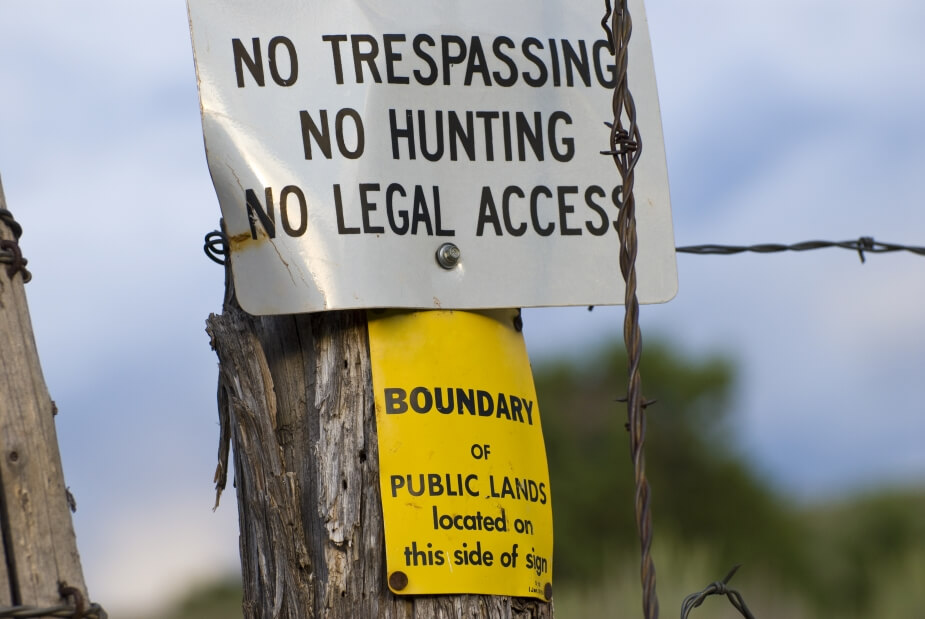Voluntary registration of land
The land registry was first set up in 1925, as a central register of land ownership. At that time it was not compulsory to register dealings with land in all areas of the country. Different parts of England and Wales gradually became subject to compulsory registration of dealings at various times until 2003.
Since 13 October 2003, first registration of land is compulsory when one of the following occurs:
- a transfer of the freehold;
- the grant of a lease for more than 7 years;
- the assignment of a lease with more than 7 years left to run;
- an assent or vesting assent of the freehold;
- an assent or vesting assent of a lease with more than 7 years left to run;
- a first legal mortgage of the freehold;
- a first legal mortgage of a lease with more than 7 years left to run;
- a reversionary lease taking effect more than 3 months after its grant;
- partitioning of a freehold or lease with more than 7 years left to run between trustees;
- the appointment of a trustee by deed or vesting order in relation to a freehold or lease with more than 7 years left to run.
Registration of land will not be required if none of these circumstances occur in respect of unregistered land, which means that there are still many properties in this country that are unregistered. However, the number of unregistered properties is dwindling since compulsory registration came into force.
Although registration of land is not compulsorily registerable if there has been no registerable dealing with it, it can be a good idea to voluntarily register land (or a registerable interest in it) for the following reasons.
Voluntary registration of land:
- shows proof of ownership – registration means a state guarantee of ownership. A simple “Index Map” search shows whether land is registered and if so, who the owner is, as well as details of any charges over it, leases to which it is subject and rights benefiting or burdening the land;
- helps to protect the land from fraud. Although registration is not 100% secure, it is much less likely to be the subject of a fraudulent transaction than if the land is unregistered;
- the rules regarding adverse possession (or “squatter’s rights”) make it harder to prove a case against registered land, than unregistered;
- usually makes future sales or leases of the land quicker and easier. Instead of the buyer or tenant’s solicitor having to look through documents that may be several hundred years old and decipher old handwriting, the Land Registry provides typed “Official Copy Entries” of the title, which can usually be downloaded instantly from the Land Registry’s dedicated website;
- avoids the risk of title documents being lost and the owner being unable to easily prove its ownership. Instead, once registered, the Official Copy Entries are all that is needed to prove ownership;
- it gives more certainty as to the boundaries of the land, although the Land Registry plans are not guaranteed as to boundaries.
These benefits needs to be weighed against the cost of the Land Registry fees for registering the land (although these are reduced if the registration is voluntary, rather than compulsory) and solicitors’ fees for the legal work involved in registering the land. Some owners are also put off by the fact that the register is open to the public and therefore anyone can now see who the owner of the land is and the price paid or value stated (depending on which type of transaction gives rise to registration).
In order to voluntarily register land, the Land Registry require various forms to be completed, their fee to be paid (according to a scale based on the current value of the land), sight of all documents which prove the ownership of the land and any documents containing matters which affect the land (for example leases, deeds granting rights of way etc) and results of specific legal searches. If they are satisfied with the application, they will register the land with the applicant shown as the registered proprietor, and with details of all matters which benefit and/or burden the land shown on the “Official Copy Entries” of title.
For further information please contact us.
Please note the contents of this blog are given for information only and must not be relied upon. Legal advice should always be sought in relation to specific circumstances.

